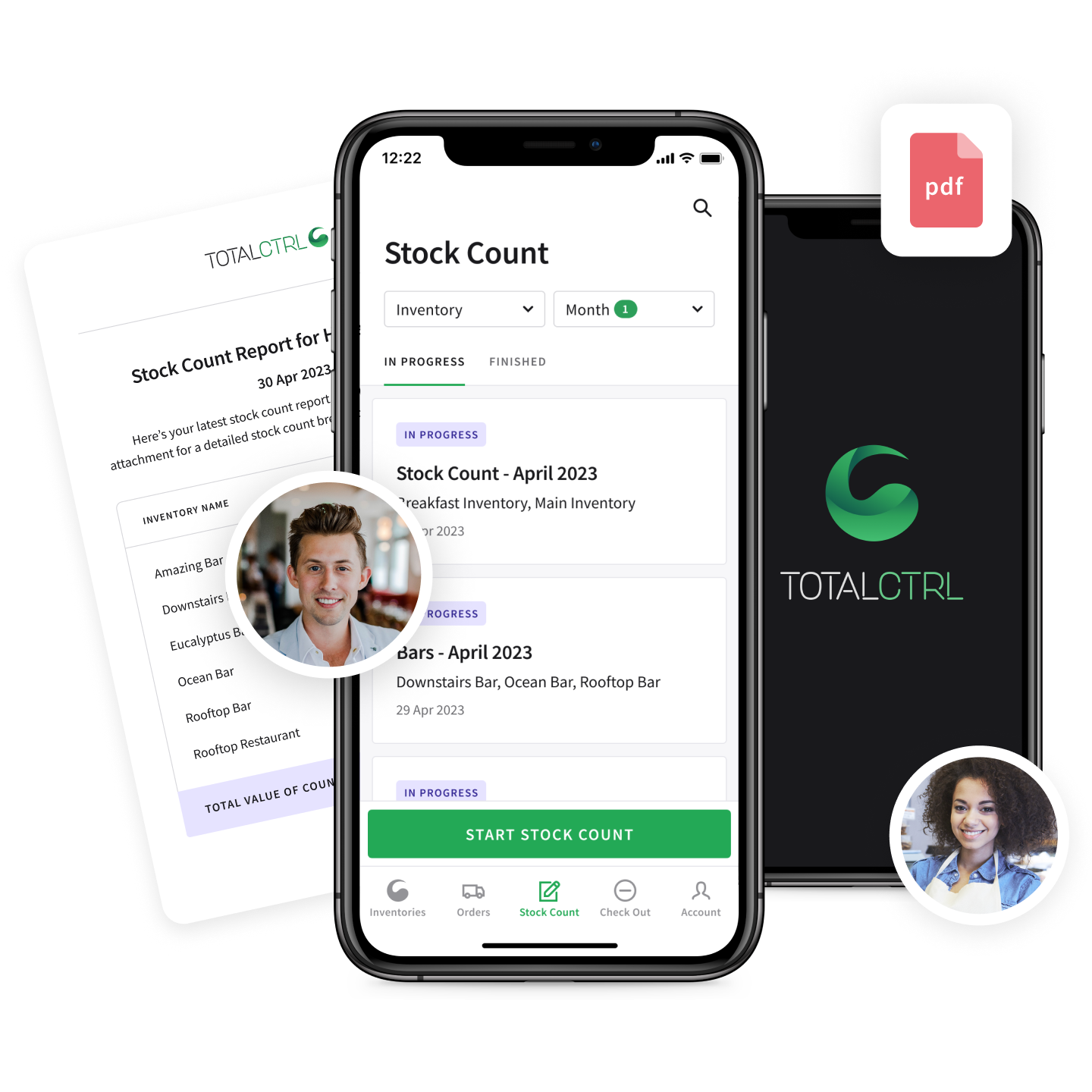A study permit is an official document issued by a government that allows a foreign national to study at a designated educational institution in that country. It’s not just a visa—it’s the legal authorization that permits international students to remain in the host country for the duration of their academic program. While each country may have its own terminology and conditions, the concept remains the same: it’s your license to study abroad legally.
This blog explains what a study permit is, why it’s necessary, how it differs from a student visa, and what to expect throughout the process.
What Exactly Is a Study Permit?
A study permit grants you the right to stay in a country temporarily for the purpose of attending an academic institution—whether it’s a university, college, high school, or language school. It's typically issued by immigration authorities and is valid only for the duration of your studies plus a short grace period.
It’s important to note that the study permit is not the same as a visa. In many countries, the visa allows you to enter the country, but the permit allows you to stay and study.
For example:
-
In Canada, a study permit is required for most foreign nationals who wish to study for more than six months. You may also be issued a temporary resident visa (TRV) or electronic travel authorization (eTA) along with your permit.
-
In Australia, the Student Visa (subclass 500) acts as both the visa and the permit to study.
-
In the United Kingdom, the Student Route Visa replaces the older Tier 4 visa and functions like a study permit.
Why Do You Need a Study Permit?
You need a study permit to:
-
Legally attend classes in the host country
-
Access student services like healthcare, libraries, and internships
-
Work part-time during your studies (if allowed)
-
Avoid deportation or being barred from re-entry
-
Extend or switch to other visas such as a work visa or permanent residency in the future
Failing to get a study permit when one is required can result in serious consequences, including removal from your program, deportation, or a ban on returning to the country.
Key Features of a Study Permit
Here’s what a typical study permit includes:
-
Your personal information (name, passport number, nationality)
-
Name of the institution you’re attending
-
Program details including length and level of study
-
Expiration date (aligned with your course end date)
-
Conditions such as work limits, school changes, or reporting requirements
Some permits include special permissions, like being allowed to work up to 20 hours per week during term time or full-time during scheduled breaks.
Study Permit vs. Student Visa
Many people confuse study permits and student visas. While they are closely related, they serve different functions.
| Study Permit | Student Visa |
|---|---|
| Allows you to study legally | Allows you to enter the country |
| Issued after admission to a school | Issued before or alongside a study permit |
| Can sometimes be renewed or extended | Usually expires upon entry |
| Controls how long you can stay | Controls entry access |
In countries like the USA and Canada, both are required. In other countries like the UK or Australia, one document may serve both purposes.
Who Needs a Study Permit?
In general, you will need a study permit if:
-
You are a non-citizen or non-permanent resident
-
You plan to study in the country for more than a few months (usually 6+)
-
Your course is full-time and requires classroom attendance
-
Your school is a designated or accredited institution
You may not need a study permit if:
-
You’re taking a short-term course (language, exchange, workshops)
-
You’re a diplomat’s family member or part of a special international agreement
-
You’re studying in a country where citizens of your home country are exempt for short stays
Each country has its own list of exemptions, so check with the official immigration website.
How to Get a Study Permit
The process usually includes the following steps:
-
Get accepted into a designated school or university
-
Receive an admission letter
-
Prepare documentation such as passport, financial proof, biometrics, etc.
-
Apply online or through an embassy
-
Attend an interview or submit biometrics if required
-
Wait for approval
-
Enter the country and collect your permit (some countries issue it on arrival)
Processing times can vary greatly, from a few weeks to several months depending on your country of residence and the country you're applying to.
Documents Commonly Required
-
Valid passport
-
Letter of acceptance from a school
-
Financial proof (bank statements, scholarship letter)
-
Passport-sized photos
-
Medical exam (if required)
-
Proof of language proficiency (e.g., IELTS, TOEFL)
-
Police clearance (in some cases)
-
Application fee receipt
-
Completed application form
Can You Work on a Study Permit?
In many countries, you’re allowed to work part-time while studying, but only under specific conditions:
-
Usually up to 20 hours per week during term time
-
Full-time during school holidays or summer break
-
You may need to apply for a special work authorization
Countries like Canada, Australia, the UK, and New Zealand allow students on a valid permit to work without applying separately. In the USA, work is more restricted and often limited to on-campus jobs unless you get special authorization like OPT or CPT.
Can You Extend a Study Permit?
Yes. If your program is extended or you change to a higher education level (e.g., bachelor’s to master’s), you’ll usually be allowed to renew or extend your study permit. This should be done before the current permit expires.
Some countries allow you to do this online, while others may require you to leave and apply from abroad.
What Happens if You Violate the Study Permit Conditions?
Your study permit comes with rules. Violating them can lead to:
-
Revocation of your permit
-
Deportation
-
Ban on re-entry
-
Loss of future immigration opportunities
Common violations include:
-
Dropping out of your program
-
Working more hours than allowed
-
Enrolling in a non-designated institution
-
Letting your permit expire
Always keep your status up to date and notify immigration if your circumstances change.
Final Thoughts
A study permit is more than a piece of paper—it’s the key to your international education journey. Understanding how it works, what conditions apply, and how to maintain it will save you stress and help you focus on what matters most: your education.
Always read your permit carefully, follow the rules of the country you're studying in, and seek help from your school’s international office or a licensed immigration advisor when needed.
If you’d like help gathering your documents or understanding the study permit process in a specific country, feel free to ask—I’m here to support your academic goals.


















0 comments:
Post a Comment
We value your voice! Drop a comment to share your thoughts, ask a question, or start a meaningful discussion. Be kind, be respectful, and let’s chat!